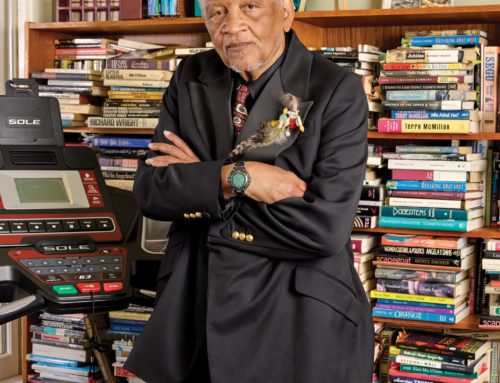Before I’d reached the bottom of the first page, Norwegian writer Kjell Askildsen’s Selected Stories had transported me back to my A-level Drama lessons. It prompted flashbacks of studying Bertolt Brecht’s Mother Courage and her Children, and my teacher announcing to a roomful of fidgety teenagers that Brecht “held his characters up for scrutiny”, that he wanted his audience emotionally distanced from them, judging them. Askildsen, who has translated works by Brecht, similarly shines a spotlight on his characters, and that light is alienating and unforgiving, illuminating selfishness and stagnant relationships.
These eleven stories employ a distinctive prose style that is almost entirely based on action and dialogue, with simple sentence structures and little description; acts of sex or violence are frankly reported alongside trivial thoughts or deeds. Dialogue is focused on the mundane, thus highlighting the fact that something is not being said, and petty squabbles and power-struggles hide deeper, unresolved or irresolvable, issues. One narrator, having been attacked in a station toilet, tells us: “I wanted to say something, but I wasn’t able to”. In each story, characters fundamentally lack the ability to communicate.
Indeed, quotation marks are absent throughout the prose, so that we are often initially unsure whether something is being spoken or thought. Such confusion between notion and action forms a theme across the narratives. After fantasising about lifting up his sister-in-law, one narrator is “left to contemplate the gap between a risqué thought and a concrete act”, while other protagonists’ life experiences are entirely dependent upon their perceptions of the world – perceptions that are often clearly paranoid, skewed, and driven by total self-involvement. In “The Unseen”, one of several stories to revolve around a funeral, Bernhard feels an uncharacteristic tenderness towards the aunt who cared for him in childhood, but later defends himself against this emotion by coldly laughing at her approaching death; he tells his sister, “Everything that I do, I do because that’s how I am, and it’s not my fault that I’m the way that I am”. Despite frequently being gripped by feelings of anxiety and desertion, none of the stories’ protagonists, all of whom are male, make any real attempt to connect with another person; they chat indifferently about an acquaintance who has died of cancer, or of a child born with spina bifida, unable to empathise, unable to see past their spheres of self-obsession.
Click here to read the entire review at Literateur
click image to go to book page



